The Dunning-Kruger Effect is a cognitive bias in which people with low ability at a given task are prone to overestimate their ability at that task.
Put simply, humans are notoriously incapable of objective evaluation of their competency levels.
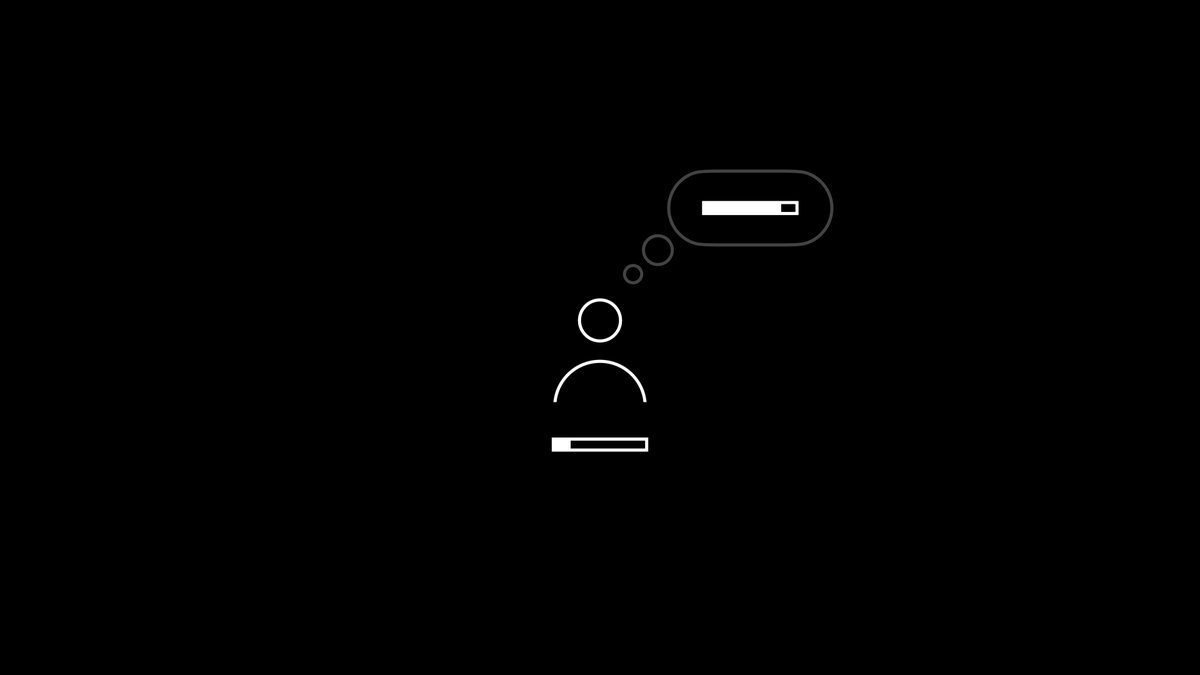

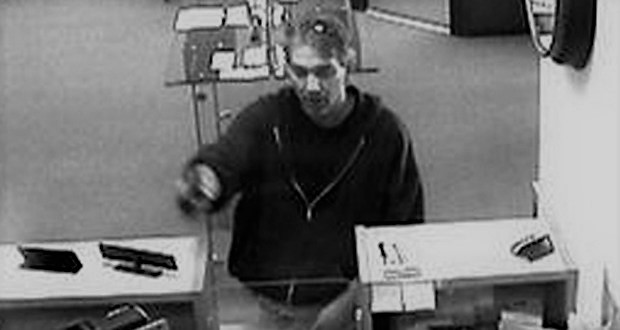

Cobra Effect 101
— Sahil Bloom (@SahilBloom) October 21, 2020
With the rise of government and central bank intervention in the economy and markets, the term "cobra effect" has experienced a revival.
But what is a "cobra effect" and how does it work?
Here's Cobra Effect 101!
\U0001f447\U0001f447\U0001f447 pic.twitter.com/Gs1199yes5
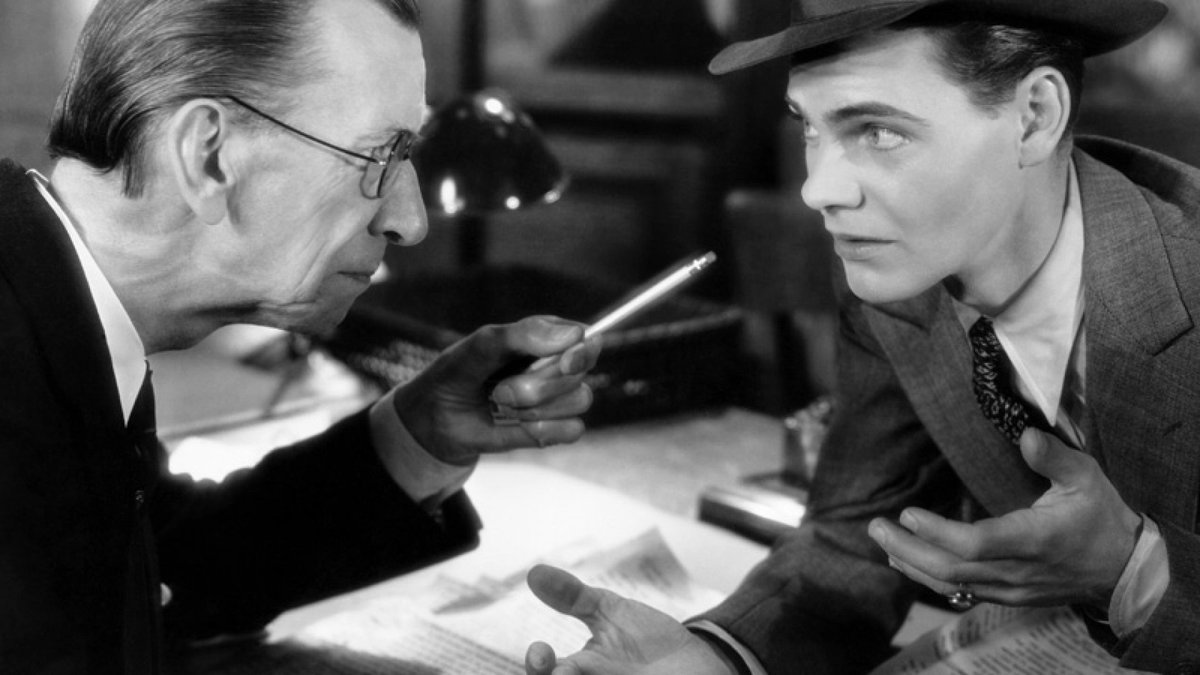
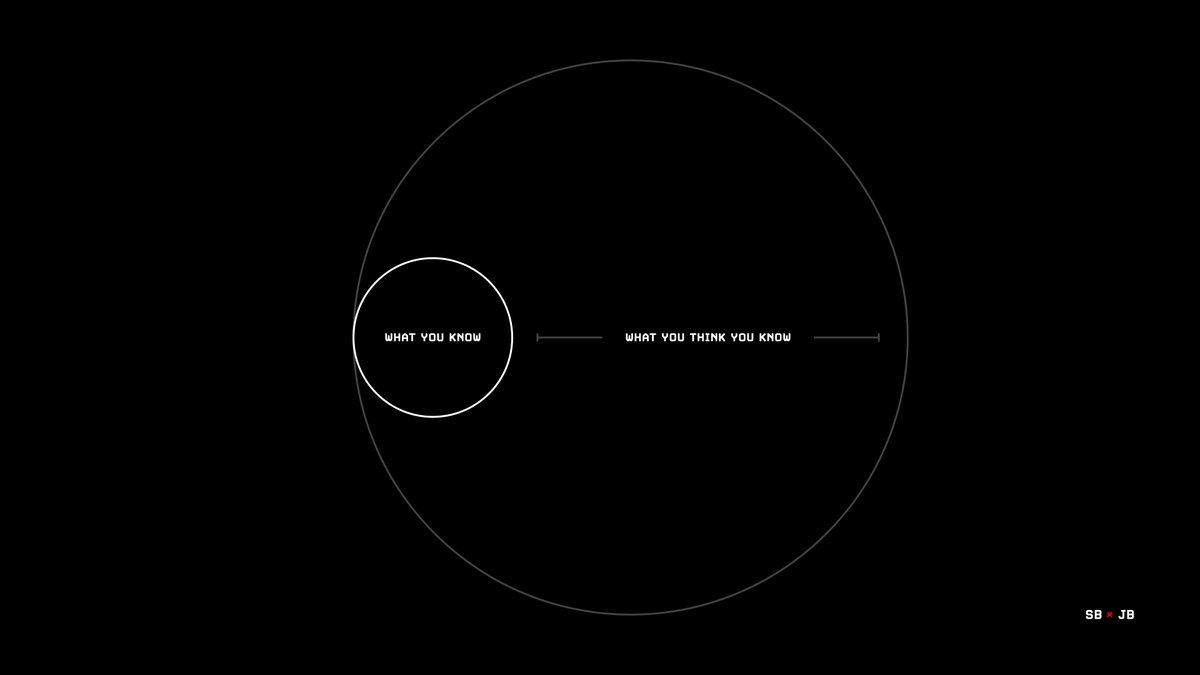
First Principles 101
— Sahil Bloom (@SahilBloom) November 19, 2020
Many of the world's greatest thinkers and doers - from @naval and @elonmusk to @nntaleb and @chamath - tout the importance of first principles thinking.
But what is "first principles thinking" and how does it work?
Here's First Principles 101!
\U0001f447\U0001f447\U0001f447 pic.twitter.com/WCAQzSFyn4

1/ An Allegory of Finance
— Sahil Bloom (@SahilBloom) July 18, 2020
I have been posting a lot of educational (and humorous!) threads on finance, money, and economics.
My mission is simple: to demystify these concepts and make them accessible to everyone.
All of the threads can be found below. Enjoy and please share!
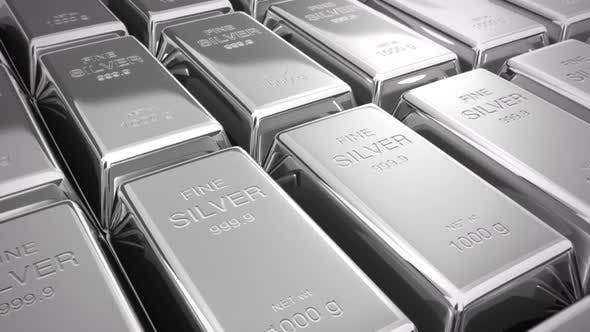
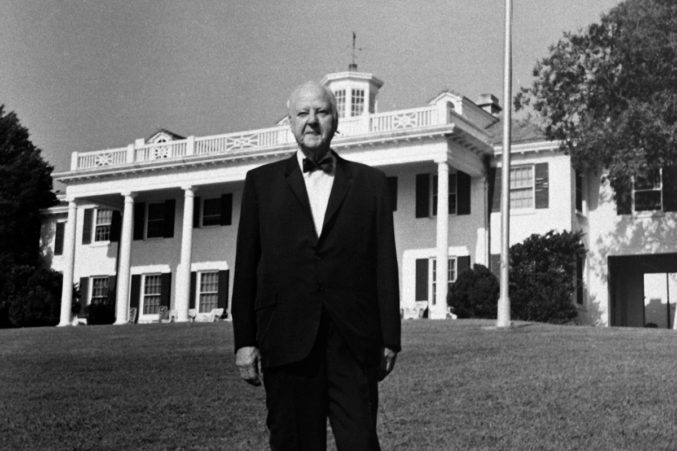
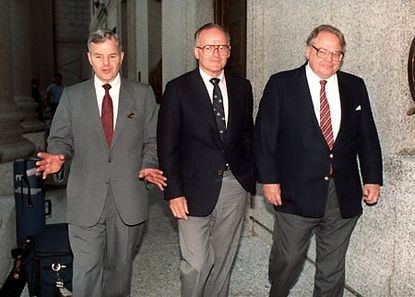
Stagflation 101
— Sahil Bloom (@SahilBloom) September 2, 2020
The term "stagflation" is used frequently in discussions of monetary policy and risks in the post-COVID world.
But what is stagflation and how does it work?
Here's Stagflation 101!
\U0001f447\U0001f447\U0001f447 pic.twitter.com/at4FmaCmkM
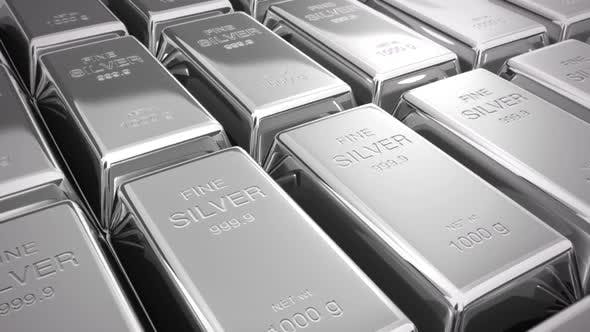
Ironies of Luck https://t.co/5BPWGbAxFi
— Morgan Housel (@morganhousel) March 14, 2018
"Luck is the flip side of risk. They are mirrored cousins, driven by the same thing: You are one person in a 7 billion player game, and the accidental impact of other people\u2019s actions can be more consequential than your own."